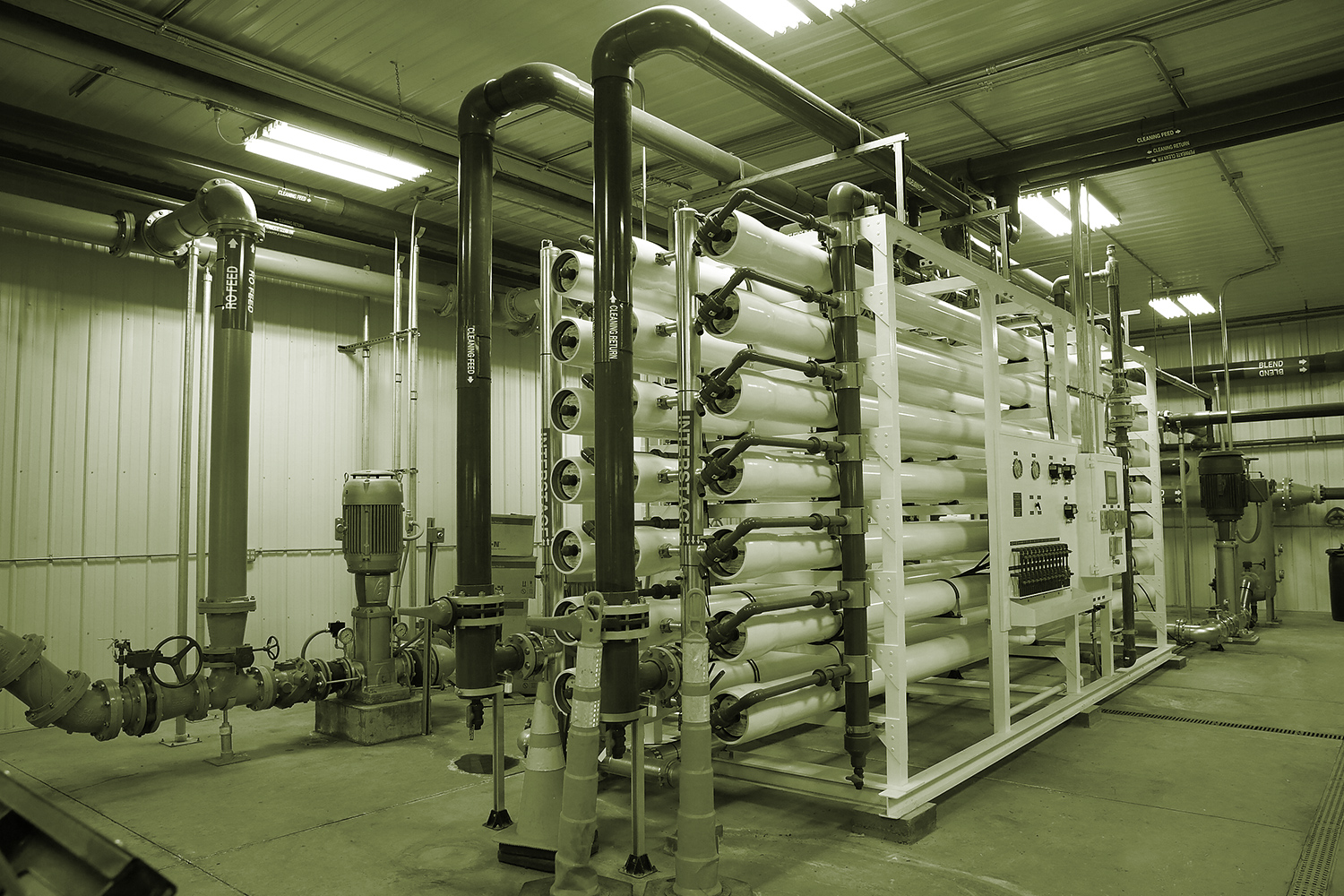
Water Quality Projects in Davenport, DeSoto, Nora Springs, Osceola, Schleswig and West Union to Benefit from New State Program
Des Moines – Governor Kim Reynolds today announced that water quality infrastructure projects in Davenport, DeSoto, Nora Springs, Osceola, Schleswig and West Union have been awarded a total of $775,000 in grants. The funding is made available through the Wastewater and Drinking Water Financial Assistance Program, which was created as a part of Senate File 512, the first legislation signed into law by Governor Reynolds in January 2018.
“Safe, clean water is critical for the health of Iowa’s families, communities, businesses, and the environment,” said Gov. Reynolds. “That’s why we have made investing in water quality infrastructure a priority and will continue to build on our efforts from 2018. These are the very first awards made under this landmark legislation, and it’s just the beginning.”
The Wastewater and Drinking Water Financial Assistance Program receives a portion of the tax on metered water and had $775,000 available to allocate in the first year of the program. A total of 27 applications were submitted requesting more than $8 million in funding.
Grants will be awarded through the program on an annual basis through 2029 and available funds will increase each year. The program is expected to have approximately $1.6 million in available funds in 2020 and will climb to more than $6 million in 2029, based on the increase of the portion of tax that will be allocated to the program.
A committee consisting of designees from the Iowa Finance Authority, Iowa Department of Natural Resources and the Iowa Department of Agriculture and Land Stewardship judged the Wastewater and Drinking Water Financial Assistance Program applications based on the program’s priorities.
Priorities for grant awards include: Disadvantaged communities; Projects that will significantly improve water quality in their watershed; Projects that use alternative wastewater treatment technologies; Communities with the highest sewer or water rates; Projects that use technology to address nutrient reduction; and Projects to address improvements to drinking water source waters.
“Safe, clean water is critical for the health of Iowa’s families, communities, businesses, and the environment."






